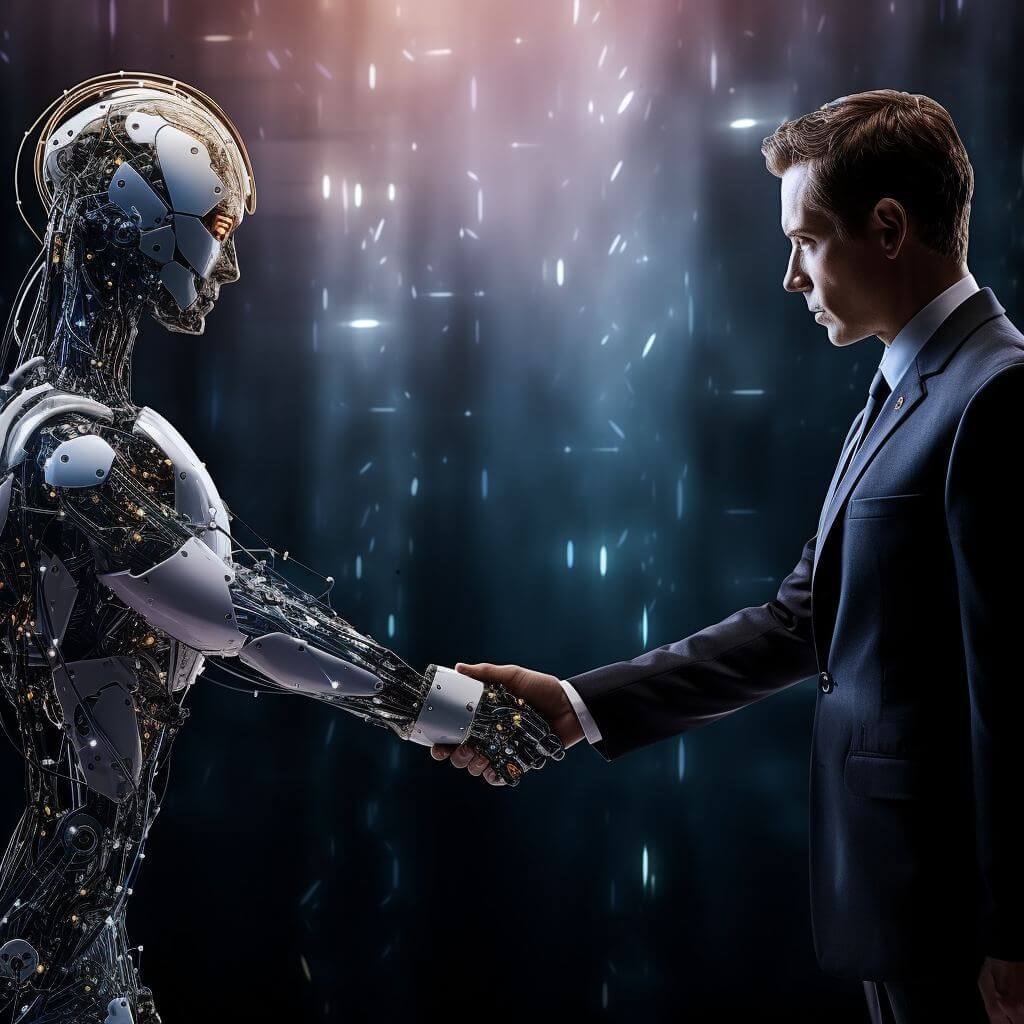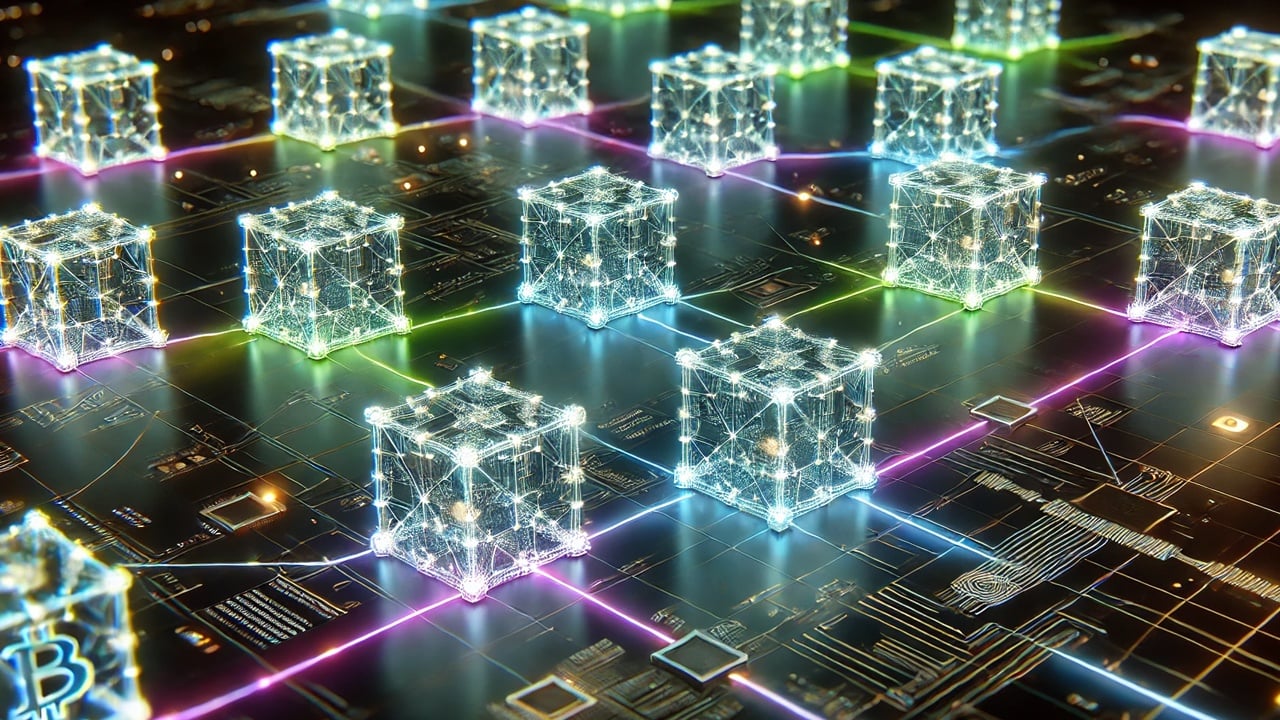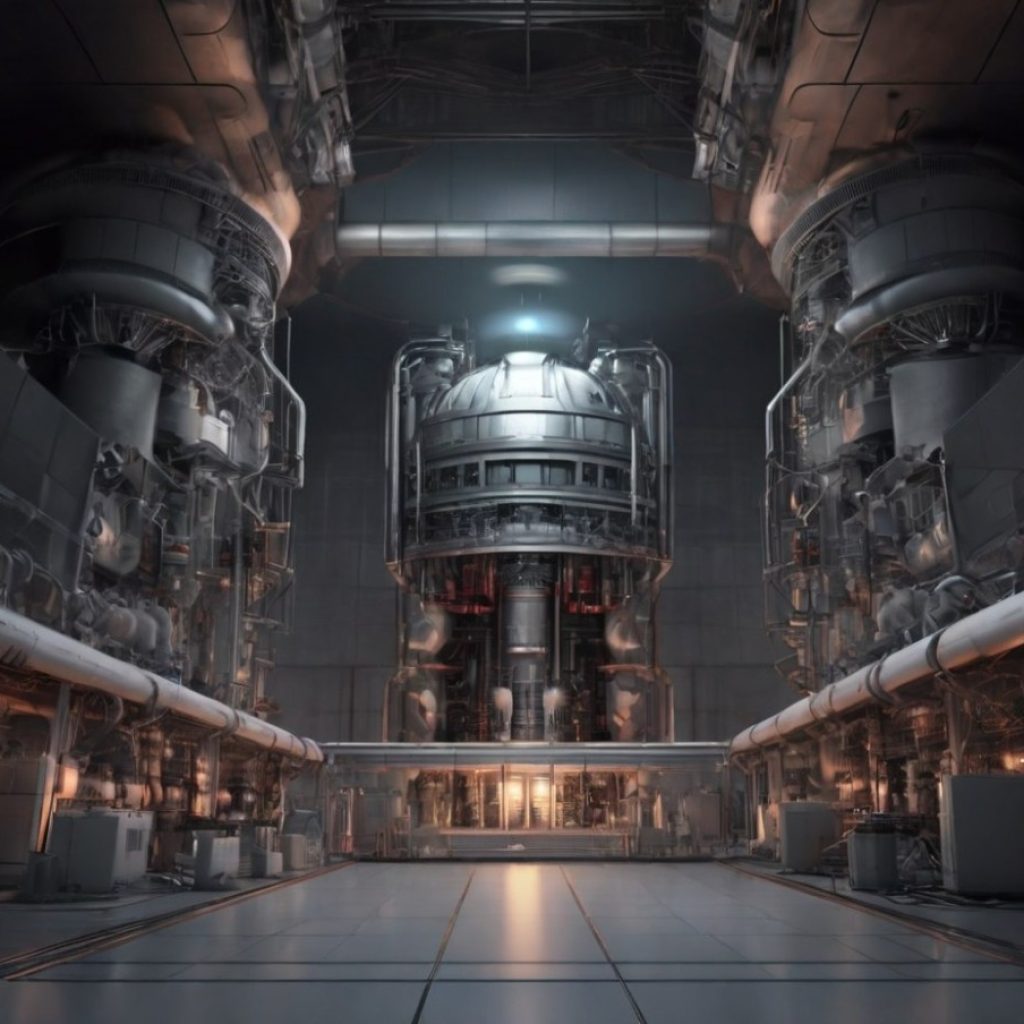OpenAI, the influential artificial intelligence (AI) research company, finds itself entangled in controversy as reports emerge about a proposed merger with Anthropic, a formidable competitor in the AI landscape. The revelation comes amidst the upheaval surrounding the dismissal of OpenAI’s CEO, Sam Altman, and the subsequent appointment of new leadership at Microsoft, OpenAI’s ally. The bold move to approach Anthropic for a merger sets the stage for a complex narrative involving corporate competition, executive decisions, and potential financial repercussions.
According to sources, OpenAI is reportedly in the middle of merger talks with Anthropic, a rival in artificial intelligence (AI), amidst the continuing controversy surrounding the software business.
OpenAI’s offer and Anthropic’s resolute decline
Following the unexpected departure of Sam Altman, the board of directors at OpenAI reached out to Dario Amodei, the co-founder and CEO of Anthropic. This move aimed to explore the possibility of a merger, with the intention of persuading Amodei to assume the role of CEO at OpenAI. The negotiations, still in their early stages, bear significant implications for the future trajectory of both organizations.
Amodei swiftly declined the CEO position, emphasizing his unwavering dedication to Anthropic. The startup, engaged in intense competition with OpenAI, particularly through its chatbot, Claude, poses a formidable challenge to OpenAI’s ChatGPT. The rejection raises questions about the extent to which the merger proposal progressed and whether substantial deliberations took place behind closed doors.
The announcement follows a noteworthy development after Satya Nadella, the CEO of Microsoft, appointed Sam Altman and Greg Brockman to lead the new AI research team. Reports suggest that a substantial portion of OpenAI’s workforce has expressed interest in joining the team led by Altman at Microsoft, further adding to the intrigue surrounding OpenAI’s internal dynamics.
Anthropic, experiencing consistent expansion, recently secured a substantial $2 billion in funding from competitors of Microsoft, including Amazon and Google. This financial influx positions the two-year-old startup, whose chatbot Claude competes directly with OpenAI’s ChatGPT, with an ambitious valuation target ranging between $20 billion and $30 billion.
Decoding the FTX Anthropic Connection
Before its bankruptcy in November 2022, FTX made a significant investment of $500 million in the AI startup Anthropic. As Anthropic’s valuation experiences a surge, the stakes for FTX and its creditors rise, potentially leading to a substantial recovery for FTX customers. The FTX 2.0 Coalition, comprising FTX creditors, anticip a potential $3 billion to $4.5 billion increase in FTX’s stake, pointing towards the prospect of a complete recovery for FTX clients.
The timing of the FTX bankruptcy restructuring team divesting its stake in Anthropic remains uncertain, with the possibility of depending on Anthropic’s initial public offering, unless unique events necessitate an earlier sale. The recent injection of capital into Anthropic and the associated increase in its market value could play a pivotal role in aiding FTX to achieve a “100% recovery rate” in its assets during the ongoing crypto exchange bankruptcy proceedings.
OpenAI’s merger proposal rejection and the path forward
As OpenAI grapples with internal shifts and external competition, the rejected merger proposal with Anthropic adds a layer of complexity to the narrative. The decision by Anthropic’s CEO to remain dedicated to his organization raises questions about the competitive dynamics in the AI landscape. Simultaneously, the financial intricacies involving Anthropic’s recent funding and its connection to FTX’s recovery underscore the interconnected nature of the tech and finance sectors. In the face of these developments, one can’t help but wonder: How will this episode reshape the future of AI research, corporate alliances, and the financial recovery of entities like FTX in the ever-evolving tech ecosystem?





